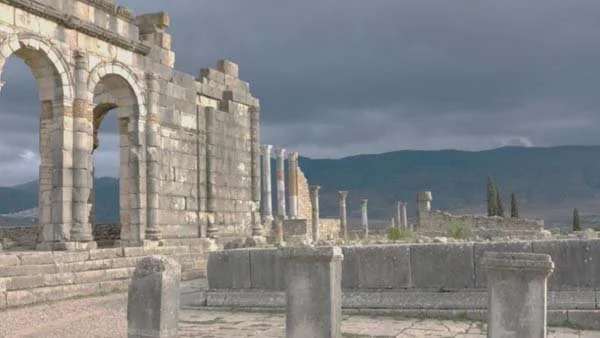By Christopher Merrill
Director, University of Iowa’s International Program
“Only connect,” E.M. Forester famously advised novelists—and this is the governing principle of the International Writing Program, which brings the writers of the world to the University of Iowa for three-month residencies. In retrospect, the IWP, as it is known, was a natural outgrowth of the Writers’ Workshop, and yet at the time it seemed, in the words of its co-founder, Paul Engle, “the craziest idea” he had ever heard. The IWP was the brainstorm of the Chinese novelist, Nieh Hua-ling, who in 1964 was one of fifteen foreign writers invited to attend the Workshop. She loved the literary culture that Engle had created during his tenure, the sense of community that with the founding of the IWP would extend around the world, courtesy of grants from the U.S. State Department, the Library of Congress, foundations in the United States and abroad, bilateral agreements with foreign ministries of culture, and private fund-raising efforts. Since 1967, more than 1,400 writers from nearly 150 countries have participated in the IWP, including Nobel laureates Orhan Pamuk and Mo Yan, and luminaries like Pelevin, Edward Radzinsky, Luisa Valenzuela, Jose Donoso, Nina Cassian, Ding Ling, Bei Dao, Yu Hua, Su Tong, John Banville, Sebastian Barry, Tomaž Šalamun, Arnost Lustig, and on and on, creating what we like to call the United Nations of Writers.
What is written in this UNESCO City of Literature is far more interesting, and enduring, than what is produced by the East River. Think of the thousands of stories and novels, poems and plays, essays and films, that have taken shape here, delighting readers and viewers in scores of languages around the globe. The IWP is rightly known as the narrative nursery of the world.
For in the IWP we try to connect—writers to other writers, readers, translators, students, and Americans from every walk of life. We invite poets and fiction writers, playwrights and essayists, open-minded artists in early to mid career who have published at least one book, achieved national and perhaps international standing, and possess the desire to spend ten weeks in Iowa City, the lodestar of creative writing in America. And we try to establish favorable conditions for the writers to write—their main occupation during the residency. We offer time, space, a per diem, insurance, and a staff (recruited from our writing programs), that attends to the writers, connecting them to one person or another. And isn’t this what a novelist does in setting a world in motion—attending to the characters, the demands of the plot and story, the linguistic possibilities of each word?
So: we listen. And some of the writers are real characters. Imagine, as happened last fall, thirty-five writers from thirty-four countries descending on a small university town on the prairie to celebrate fifty years of continuous service to literature. The World Comes to Iowa—this was the title of an early collection of writings from the IWP, and it is a fair description of what my staff likes to call a three-month-long performance piece, the key features of which are writing, reading, panel discussions, classroom visits, encounters, impressions, and ideas. Connections abound. One year the writers from Japan, China, Mongolia, Lithuania, and Poland preferred to speak Russian when they were together. A Vietnamese poet translates stories by an Argentine woman. A British novelist and a Malaysian poet share a passion for puppets.
We often host Israeli and Palestinian writers at the same time—which for many members of the IWP complicates their understanding of the conflict. One day they heard a four-hour debate about the Oslo peace process between the Israeli short-story writer Etgar Keret and the Palestinian poet Ghassan Zaqtan, in which neither raised his voice. Not to say that minds were changed.
But I noticed that subsequent political discussions began at a different level of engagement. The next year I asked an Israeli novelist about a Palestinian poet who had arrived late because of difficulties in securing a visa. He yelled at me for an hour and a half, she said. What did you do? I said. I was expecting it, she said. So I let him vent, and now we’re fine. Indeed they became good friends, and after the residency, during the two-week travel period (the writers can go wherever they like), he stayed with her when his hotel reservation in New York City fell through. Two years ago, during a panel discussion at the Iowa City Public Library, a Russian playwright could not find the words to describe her new play, and so an Egyptian novelist suggested that a Ukrainian writer translate for her. As it happens, the subject of her new play was the Russian-Ukrainian conflict, which had played out in a particularly complicated fashion in the Ukrainian writer’s home town of Kharkov. This is the beauty of the IWP.














































































